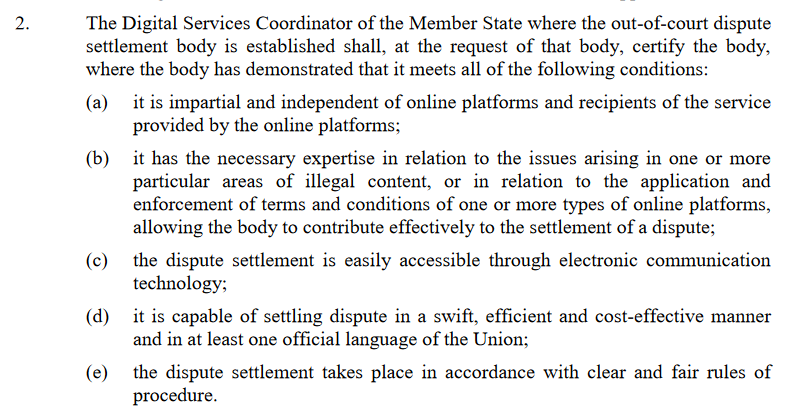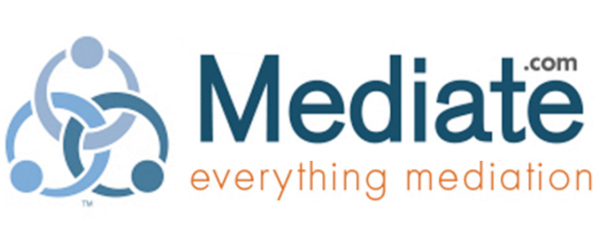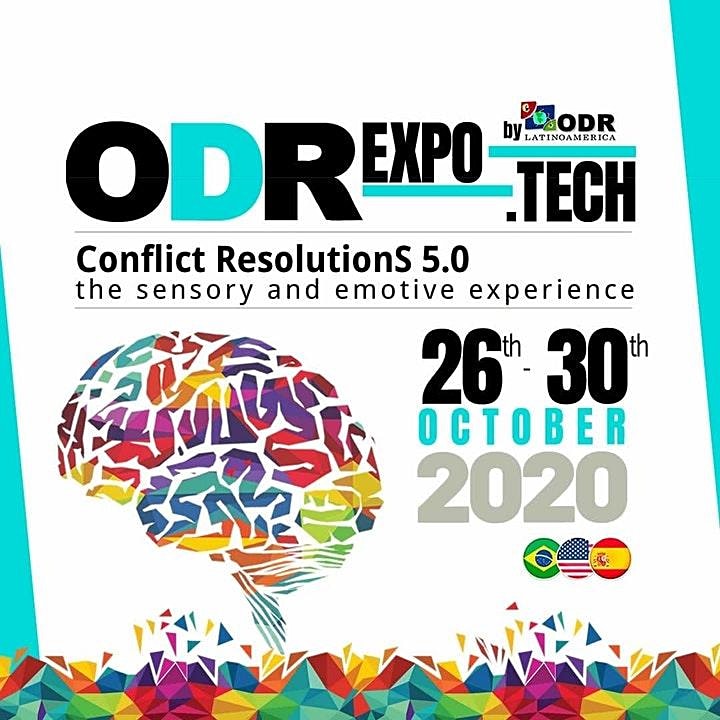Anna Howard (Associate Editor) (Centre for Commercial Law Studies, Queen Mary University of London), Ian Macduff (NZ Centre for ICT Law & School of Law, Auckland University), and John Sturrock (Core Solutions Group)/October 26, 2020 /L
This blog was first posted on the Kluwer Mediation blog at http://mediationblog.kluwerarbitration.com/2020/10/26/the-mediators-green-pledge/ on 26 October 2020. It is reproduced with permission.
Homo sapiens, the wise human being, must now learn from its mistakes and live up to its name. We who are alive today have the formidable task of making sure that our species does so.” David Attenborough, A Life on Our Planet
Looking back at John Sturrock’s post from February which suggested a World Mediators Alliance on Climate Change, we are struck by how it seems to address a different era. Shortly after that piece was published, the coronavirus pandemic swept across the world bringing immeasurable loss and suffering. It also brought, for many, a heightened awareness of our interconnectedness with our planet and our impact upon it. It has also changed our mediation practices in ways we could not have foreseen just a few months ago.
As a mediation community, we have often talked about how we might mediate climate change issues. Perhaps we have not given the same amount of attention to how we might reduce the environmental impact of our own behaviour and practices as mediators – and in particular to how we can individually and collectively play our part in reducing carbon emissions. The changes precipitated by the Covid pandemic have accelerated our ability to do so.
The movement to mediation using online platforms in response to the restrictions on face-to-face meeting imposed by the pandemic has, unexpectedly for many of us, shown us that environmentally-friendly ways of mediation can be both easily accessible and effective. That is not to deny that mediation in this way may bring particular challenges, many of which have been addressed in earlier posts on this blog (see, for example, posts by Charlie Irvine, Greg Bond and Jonathan Lloyd-Jones) and we will need to continue to refine our practices for the online setting during the continuing pandemic.
After the pandemic passes, while for some parties and some disputes face-to-face mediation may be the only appropriate option, for many others online mediation may well become the default option. Thus, the greater acceptance of mediation using online platforms has become an opportunity to make a meaningful reduction to the environmental impact of our mediation practices, something to which many of us believe we need to aspire in any event. Had the pandemic not occurred, we would still have wished to find ways to do so.
In response to John’s open invitation back in February to create a World Mediators Alliance on Climate Change (WoMACC), members of the international mediation community came together to form a working group, with members from New Zealand, Germany, Scotland, England and Belgium. Over the past six months, the working group has explored what WoMACC could offer to encourage mediators individually and collectively to lessen their environmental footprint.
The main output is the Mediators’ Green Pledge. This has been inspired by Lucy Greenwood’s Green Pledge for arbitration and, with Lucy’s kind permission, the working group has adapted that pledge for mediation. The Pledge, which was launched on 21st October, can be read here on the special websitewhich has been created for this purpose. Already, signatures are being added daily.
While refining the Pledge, we had many intricate and lively discussions on its wording. Does the Pledge ask too much or too little? Is it sensitive to differences across countries and cultures? Might it demonise certain aspects of mediation which many may hold dear? The Pledge is designed to be illustrative, and adaptable. While there will certainly be aspects which we have missed, the Pledge is hopefully broad enough to allow all those involved in mediation to consider how they can make changes to contribute to a greener way of mediating. The Pledge offers a foundation upon which mediators can build with their own measures tailored to their specific practices and preferences. Signatories are welcome to augment and modify the Pledge as they wish. We encourage you to sign it.
It is easy to feel paralysed by the enormity of the formidable task identified by Attenborough. Can we really make a difference? Are those differences too difficult and too inconvenient to make? As Attenborough reminds us “the truth is that we must do these things to save ourselves.” With that reminder, the changes we must make may suddenly appear more manageable. And perhaps they might also seem more manageable if we come together to commit to make the changes collectively, learning from and supporting one another.
The Pledge offers one way for us to come together to do so. As one signatory of the Pledge has said “This pledge is a commitment that has no end and whether it is formalised or just remains a contract to myself – it feels really good to have begun it. Thank you for giving me the nudge!”
We hope many others in the mediation community will feel the nudge!





